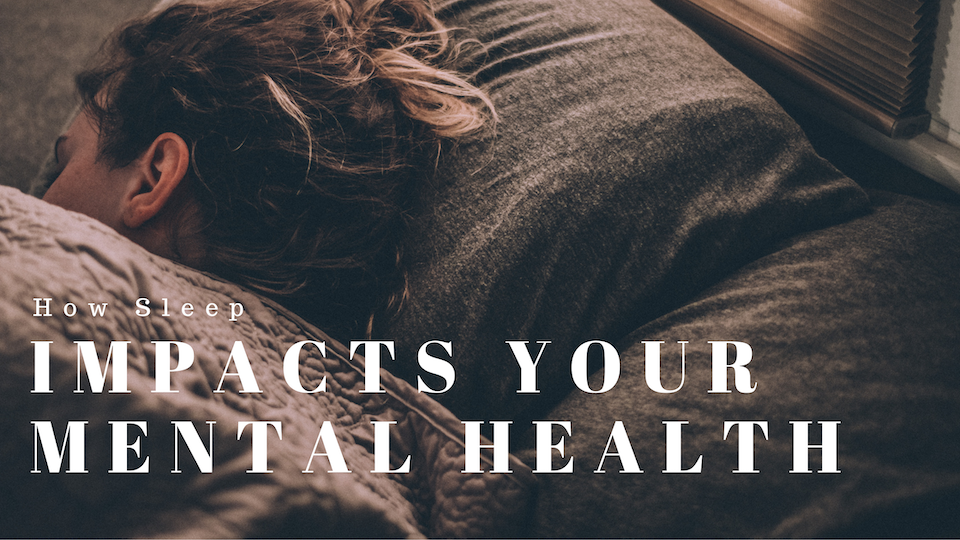There are two different phases to sleep that we go through each night, which is quiet sleep and REM sleep. Quiet sleep is the time at which the body restores the bones, muscle, and tissue, while boosting the immune system. REM sleep is the time at which learning, memory, and emotional health are all affected. When you interrupt this process through insomnia and other sleep disorders, your emotional health will be affected in the following ways.
Depression is Linked to Sleep Disorders
Up to 90% of people of all ages who suffer from clinical depression also report suffering from sleep disorders. In most cases, the specific sleep disorder they experience is insomnia, which involves difficulty in falling or staying asleep. Additionally, a large number of people with depression suffer from obstructive sleep apnea, which involves waking frequently through the night as a result of an obstructed airway. Research also indicates that treatments for depression are less effective with patients who suffer from sleep disorders.
Anxiety May Lead to Insomnia
There is also research to suggest that the link between mental illness and sleep disorders flows in the opposite direction. In particular, people who suffer from anxiety and anxiety-related conditions, such as PTSD, are more likely to suffer from insomnia. In studying children with anxiety, it was found that the subjects took longer to fall asleep and were less likely to achieve deep sleep when compared to the sleeping patterns of healthy children.
Bi-Polar Disorder Affects Sleep Patterns
Research has been done on the sleep patterns of people with bipolar disorder, but the results varied from study to study. In some cases, subjects with bipolar disorder took longer to fall asleep or didn’t feel the need to sleep on a regular schedule. In other studies, the subjects exhibited states of hypersomnia, which means they slept excessively. Researchers believe insomnia precedes a manic episode, while hypersomnia follows the episode.
If you do have difficulty falling asleep or staying asleep, try improving your sleeping habits. This can involve reducing caffeine intake and the use of mobile devices just before bed. Additionally, make sure your bedding is soft and comfortable. You can improve your sleep environment by wearing a face mask or earplugs, and you should keep the temperature around 70 degrees. If you try all of these recommendations and still can’t sleep through the night, consult your doctor.

